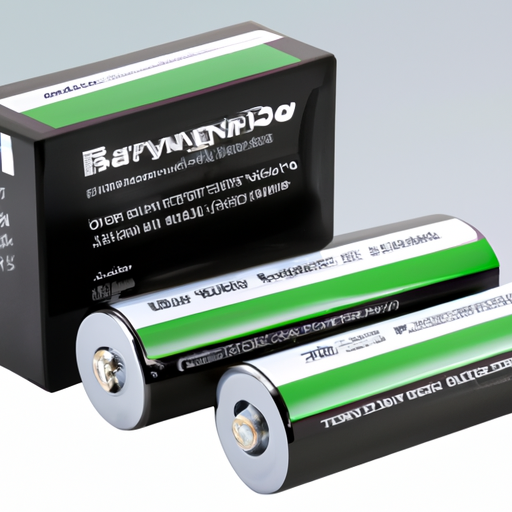Rechargeable batteries, or secondary batteries, are essential in powering a wide range of modern technologies, from consumer electronics to electric vehicles and renewable energy systems. Below is a detailed overview of core functional technologies, significant articles, and application development cases that illustrate the advancements and effectiveness of rechargeable battery technology.
Core Functional Technologies
| 1. Lithium-Ion (Li-ion) Batteries | |
| 2. Nickel-Metal Hydride (NiMH) Batteries | |
| 3. Solid-State Batteries | |
| 4. Flow Batteries | |
| 5. Sodium-Ion Batteries | |
| 1. "Advancements in Lithium-Ion Battery Technology" | |
| 2. "The Future of Solid-State Batteries" | |
| 3. "Sodium-Ion Batteries: A Sustainable Alternative?" | |
| 4. "Flow Batteries: The Key to Renewable Energy Storage?" | |
| 1. Electric Vehicles (EVs) | |
| 2. Grid Energy Storage | |
| 3. Consumer Electronics | |
| 4. Renewable Energy Integration | |
| 5. Medical Devices | |
Articles Highlighting Advancements
Application Development Cases
Conclusion

Rechargeable batteries are pivotal in driving technological innovation, with ongoing research and development focused on enhancing their efficiency, safety, and sustainability. As applications expand across various sectors, advancements in battery technology will significantly influence the future of energy storage and consumption, paving the way for a more sustainable and energy-efficient world.
Rechargeable batteries, or secondary batteries, are essential in powering a wide range of modern technologies, from consumer electronics to electric vehicles and renewable energy systems. Below is a detailed overview of core functional technologies, significant articles, and application development cases that illustrate the advancements and effectiveness of rechargeable battery technology.
Core Functional Technologies
| 1. Lithium-Ion (Li-ion) Batteries | |
| 2. Nickel-Metal Hydride (NiMH) Batteries | |
| 3. Solid-State Batteries | |
| 4. Flow Batteries | |
| 5. Sodium-Ion Batteries | |
| 1. "Advancements in Lithium-Ion Battery Technology" | |
| 2. "The Future of Solid-State Batteries" | |
| 3. "Sodium-Ion Batteries: A Sustainable Alternative?" | |
| 4. "Flow Batteries: The Key to Renewable Energy Storage?" | |
| 1. Electric Vehicles (EVs) | |
| 2. Grid Energy Storage | |
| 3. Consumer Electronics | |
| 4. Renewable Energy Integration | |
| 5. Medical Devices | |
Articles Highlighting Advancements
Application Development Cases
Conclusion

Rechargeable batteries are pivotal in driving technological innovation, with ongoing research and development focused on enhancing their efficiency, safety, and sustainability. As applications expand across various sectors, advancements in battery technology will significantly influence the future of energy storage and consumption, paving the way for a more sustainable and energy-efficient world.













